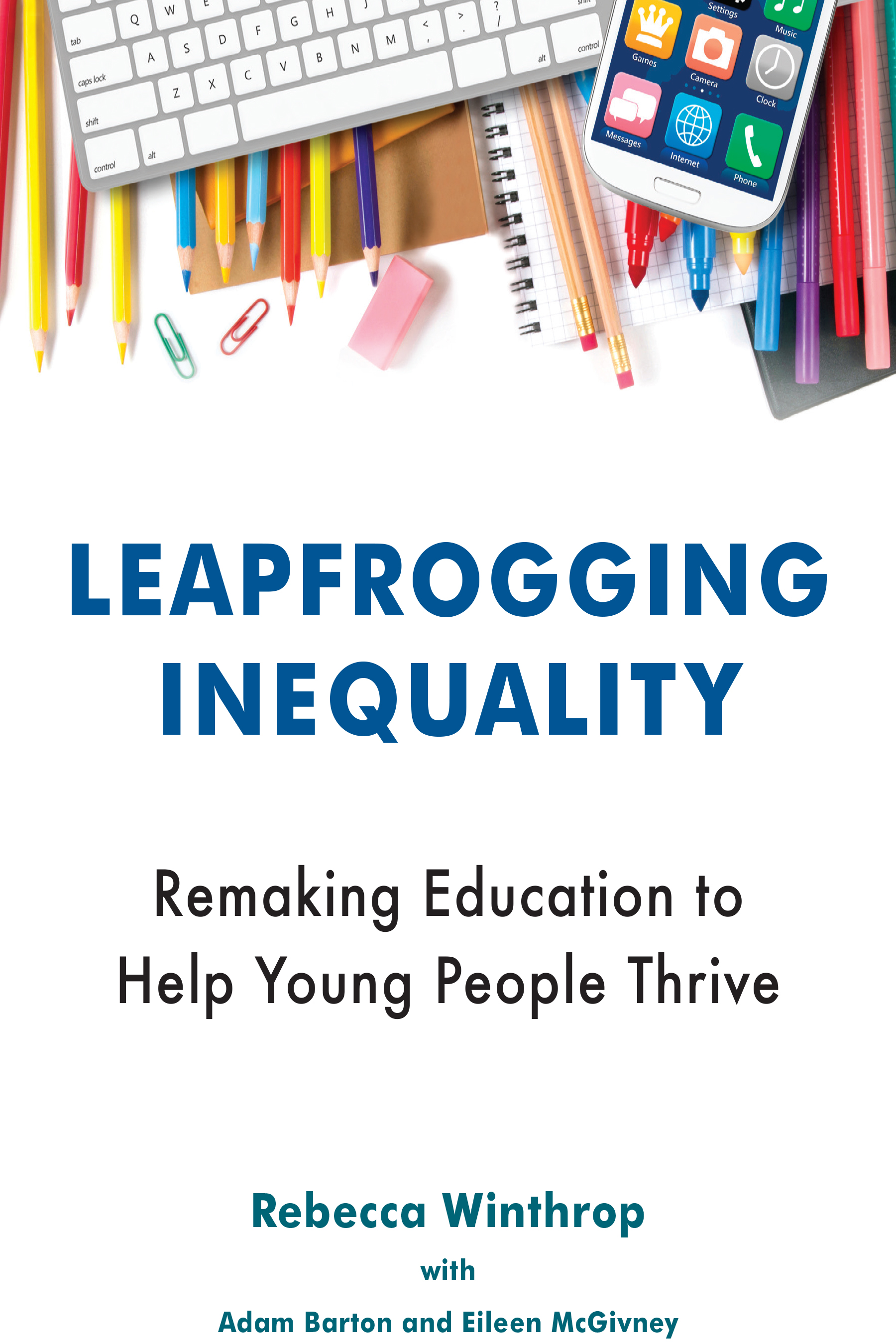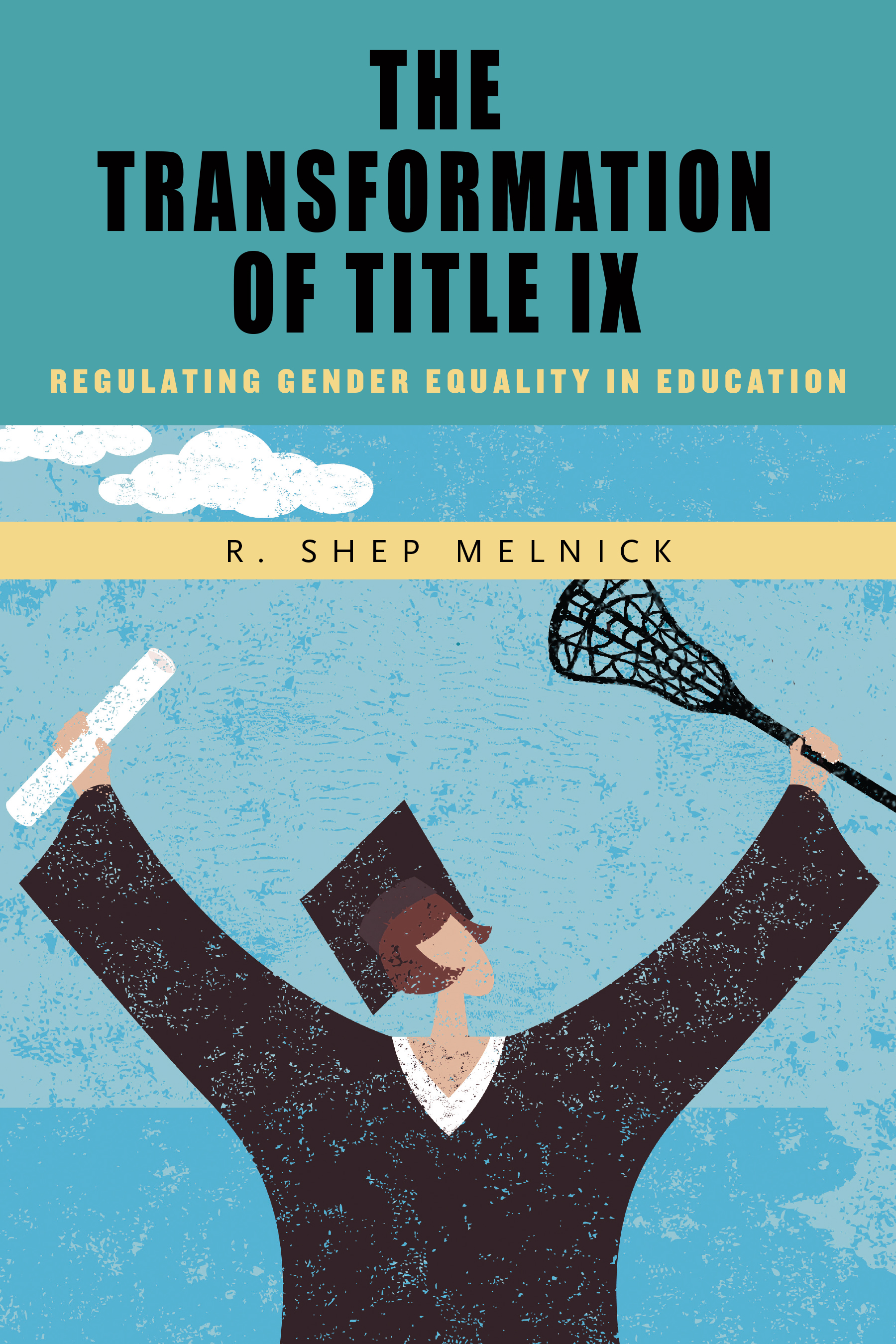
Very often, proposals to even out income inequality advise one of two things: Expand people’s access to education and/or raise the top tax rates. Yet even a big increase in the share of people with a college degree would have only a minimal effect on earnings inequality, research has shown. And now it turns out that a substantial increase in the top marginal tax rate wouldn’t do any better.
The economists Bill Gale and Melissa Kearney (colleagues of mine at the Brookings Institution) and I recently looked into the tax-rate question and found that even a big increase in the marginal tax rate for top earners would have shockingly little effect on after-tax inequality.
We modeled, among other scenarios, raising the top individual income tax rate to 50 percent from its current level of 39.6 percent. That would create significant revenue, no question. For households in the 95th to 99th percentiles of income, taxes would rise by an average of $6,464 a year. For the top 0.1 percent, the average yearly increase would be $568,617. But how much difference would this make for after-tax income inequality?
To answer that, we calculated the Gini coefficient for after-tax income before and after the simulated tax change. (The Gini coefficient is an index that ranges from 0, if everyone has the same earnings, to 1, if a single person has all the earnings and everyone else has none.) Under the current tax schedule, we estimate the after-tax Gini coefficient to be .574. Raising the top marginal tax rate to 50 percent would reduce that only to .571. This difference is smaller even than the effect found in the education simulation analysis that looked at the effect of enlarging the share of the population with a college degree.
Income inequality doesn’t change materially even if the revenue raised from a high-income tax increase is redistributed to households in the bottom income quintile, or if high earners are assumed to respond to the higher tax rate by reducing their work effort and taxable income.
So although there might be good reasons to raise top income tax rates for other purposes — to raise needed revenue, for example — even a large increase in the top marginal rate would barely reduce income inequality. Which leaves open an important question: What can reduce income inequality?
Perhaps — and this is something to explore in future columns — the inequality debate needs to shift from individuals to businesses and communities.
Editor’s Note: This post originally appeared on Bloomberg View.







